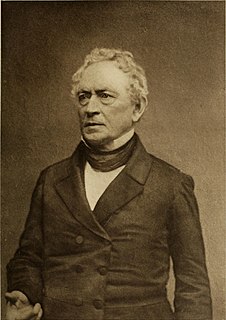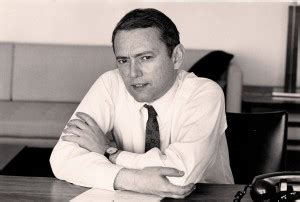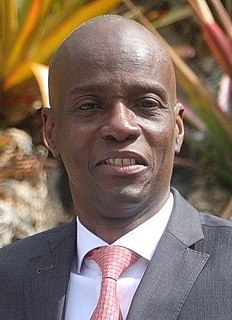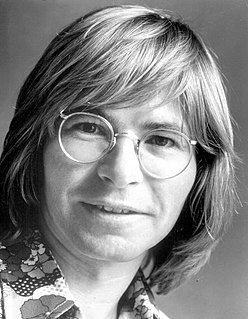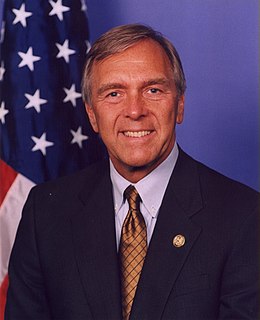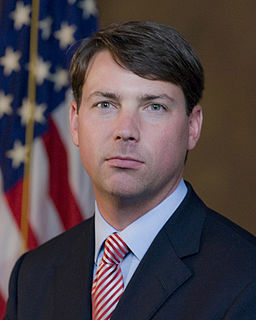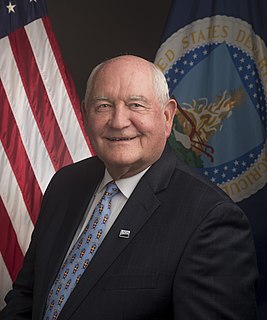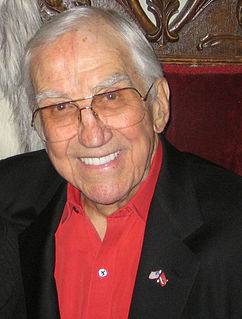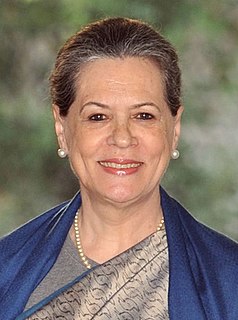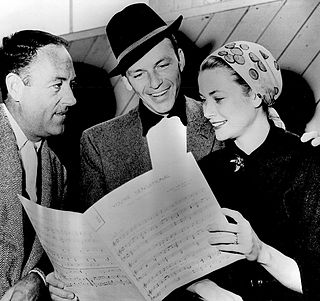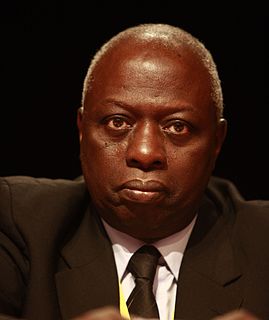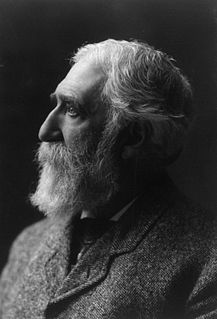Top 1200 Sustainable Agriculture Quotes & Sayings - Page 2
Explore popular Sustainable Agriculture quotes.
Last updated on November 25, 2024.
'Sustainable Development' is an oxymoron. 'Development' in all it's senses entails expansion and wanting more. Continual expansion and wanting more are unsustainable. Globally we are approaching the point when the only sustainable way forward is to want less. Indeed, the choice element may be removed from us and we will just have to have less. In the meantime we still have some choices about how to influence our future
Agriculture seems to be the first pursuit of civilized man. It enables him to escape from the life of the savage, and wandering shepherd, into that of social man, gathered into fixed communities and surrounding himself with the comforts and blessings of neighborhood, country, and home. It is agriculture alone, that fixes men in stationary dwellings, in villages, in towns, and cities, and enables the work of civilizations, in all its branches, to go on.
I think one thing I wish would be a little different, and it'll take time, is yes BLACKPINK, BTS, these teams are taking over the world and they're everywhere, but I think at a certain point we need to really push for other artists as well, and really help bring them up further, for this to be a sustainable industry, a sustainable genre.
Net result [of the Dept. of Agriculture's Payment in Kind - PIK - program]: total farm income, now expected to be around $25 billion, this fiscal year, will exceed total federal subsidies by only a couple of billion. You could argue that those fellows out there on the fruited plain are in effect working for the federal government and that, therefore, the U.S. now has socialized agriculture under the Reagan Administration. Rich, eh?
Every ecosystem, even a small one, is sustainable because it has certain ensembles and conditions and influences that are unique to it. And the biological ensembles are almost certainly, even the most modest ones, in the thousands of species. We don't know what's involved in the models - not even the beginnings. And yet we're trying to make a sustainable world, which has to include the natural world. The human species is triumphant, but it's got to get a grip. It's got to come to understand what's happened, why we're this way and what we're doing.
A recent review of different agricultural options for the future was conducted by a panel of experts. The scientists posed the question: How are we going to feed the world when there are nine billion people on it, as there will be by 2050? And the answer they came up with was industrial agriculture won't work and genetic engineering won't work and the solution is going to be sustainable, and going to ecological kinds of farming that are based on local environmental conditions that work with local ecosystems available to develop a richer kind of farming technology.
I suppose that's a question most often asked of me by people who would like to make a positive contribution towards a sustainable future and a healthy environment. There are so many things that need to be done that sometimes it seems overwhelming. I try to remind everyone that no one person has to do it all but if each one of us follows our heart and our own inclinations we will find the small things that we can do, and together we will come up with enough to create a sustainable future and a healthy environment.
It's an attitude of superiority. We are superior to the rest of life. The Book of Genesis says: 'Increase and multiply and have dominion over the birds of the air and the animals and so forth.' You run it; it's yours; do what you like with it. I don't know how old that text is, but it represents an attitude that probably really got going with the beginning of agriculture. Before that, the hunter-gatherers were gentler people than the agriculture.
...there's no such thing as sustainability. There are just levels of it. It's a process, not a real goal. All you can do is work toward it. There's no such thing as any sustainable economy. The only thing I know that's even close to sustainable economic activity would be organic farming on a very small scale or hunting and gathering on a very small scale. And manufacturing, you end up with way more waste than you end up with finished product. It's totally unsustainable. It's just the way it is.
There are a lot of products still to be discovered in the world and experimentation, for example with seafood and fish. There are thousands of products that we're not eating right now that maybe will be cultivated in a good agriculture situation, a sustainable, ecological way. Maybe there will be textures or flavors we hadn't even thought of. In the Amazon there are 400 fruits that are not cultivated right now. They're just incredible fruits. Textures, tastes that we don't know right now.
Yet if you go to the supermarket and look at food that's produced through industrial agriculture, look at what's happened to the prices. Have they been going down? They've been going up and they will continue to go up. So the choice is either, do we hitch onto a system of agriculture that's doomed and will doom the planet with it, and go along the route of industrial agriculture, or do we want to shift to a kind of system that we know is going to be, in the long run, cheaper, because we'll have a planet left at the end of it? We need to factor that cost in.
Competition permits the capitalist to deduct from the price of labour power that which the family earns from its own little garden or field; the workers are compelled to accept any piece wages offered to them, because otherwise they would get nothing at all, and they could not live from the products of their small-scale agriculture alone, and because, on the other hand, it is just this agriculture and landownership which chains them to the spot and prevents them from looking around for other employment.
Like its agriculture, Africa's markets are highly under-capitalized and inefficient. We know from our work around the continent that transaction costs of reaching the market, and the risks of transacting in rural, agriculture markets, are extremely high. In fact, only one third of agricultural output produced in Africa even reaches the market.
Loss of genetic diversity in agriculture is leading us to a rendezvous with extinction--to the doorstep of hunger on a scale we refuse to imagine. To simplify the environment as we have done with agriculture is to destroy the complex interrelationships that hold the natural world together. Reducing the diversity of life, we narrow our options for the future and render our own survival more precarious.
I think people look at revolution too much in terms of power. I think revolution has to be seen more anthropologically, in terms of transitions from one mode of life to another. We have to see today in light of the transition, say, from hunting and gathering to agriculture, and from agriculture to industry, and from industry to post-industry. We're in an epoch transition.
I cite a good example, say, of agriculture, .. In agriculture we need to move with speed to bring to full utilization the land that is now in our possession. We need to curb aspects of corruption that are endemic in the economy. We need to be transparent in everything that we do. We need to be consistent in implementing the policies we would have agreed. And not implement policies one day and reverse them the other day.
With living wage jobs, basically 20 million of them to help jump-start a sustainable and healthy economy, with an insured, just transition, for example, for workers in both the fossil fuel and in the weapons industry, because they all need to transition to sustainable forms of production. This is also our answer to the departure of manufacturing jobs and good jobs by creating the manufacturing base here for clean renewable energy and the efficiency systems and public transportation to put these workers to work in jobs that are actually good for them.
The UK still has time to accelerate the take-up of renewable energy and put the nation on a path towards clean energy that is cheaper, stable and more sustainable. We have a stark choice: We can stay stuck in the last century's boom and bust approach to our economy in the way we consume energy and resources, or create a sustainable, stable and renewable energy infrastructure with the long term environmental and employment benefits that ensue
Indeed, as we begin the twenty-first century, the money and traditional economies are slowly destroying their own support system. Increasing demands of the two economies are surpassing the sustainable yields of the ecosystems that underpin them. For example, one-third of the world's cropland is losing topsoil at a rate that is undermining its long-term productivity, fully half of the world's rangeland is overgrazed and deteriorating into desert, and the world's forests have shrunk by about half since the dawn of agriculture and are continuing to shrink.
To be equitable, economic growth has to be sustainable. To be sustainable, economic growth has in turn to be all-inclusive. All-inclusive is no longer the greatest good of the greatest number. It is actually 'Sarvodaya' or the 'rise of all'. This Mahatma Gandhi saw as essential to Satyagraha itself.
In antiquity, agriculture and industry depended completely on human labor; but now, with the development of natural forces that human labor cannot match, agriculture and industry have fallen completely into the hands of the capitalists. The greater the amount of capital, the more abundant the resources that can be utilized.
All new schools...should be models for sustainable development: showing every child in the classroom and the playground how smart building and energy use can help tackle global warming...Sustainable development will not just be a subject in the classroom: it will be in its bricks and mortar and the way the school uses and even generates its own power.
If we're eating industrially, if we're letting large corporations, fast food chains, cook our food, we're going to have a huge, industrialized, monoculture agriculture because big likes to buy from big. So I realized, wow, how we cook or whether we cook has a huge bearing on what kind of agriculture we're going to have.
We do not need to invent sustainable human communities. We can learn from societies that have lived sustainably for centuries. We can also model communities after nature's ecosystems, which are sustainable communities of plants, animals, and microorganisms. Since the outstanding characteristic of the biosphere is its inherent ability to sustain life, a sustainable human community must be designed in such a manner that its technologies and social institutions honor, support, and cooperate with nature's inherent ability to sustain life.

